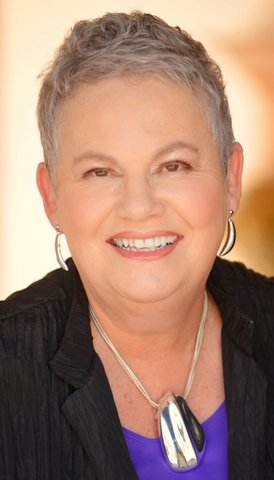Yes, You CAN Tap Into the Healing Power of Writing
by Susan Borkin, PhD
In the early 1980s, Professor James Pennebaker of the University of Texas conducted a series of studies revealing a direct correlation between writing and enhancing the immune system. Yet, many writers and poets have always intuitively known that writing heals. Perhaps you have made this discovery for yourself. Nevertheless, if you have not yet tapped into the healing power of writing, fortunately, using writing to heal requires very little equipment and just a few minutes of your time.
There is no right or wrong way to use writing as a tool for healing. Whatever works for you is right for you. However, here are a few guidelines that can help you get started:
Listen to Your Body
If you can, find a quiet place where you are unlikely to be disturbed. Grab a notebook, paper on a clipboard, or a bound journal and your favorite pen. Begin by closing your eyes. Allow your breathing to slow and deepen. Slowly scan your whole body. What hurts or aches? What feels heavy, painful, or lethargic? Does anything feel light or energized? When you feel ready, begin to write down what you notice. Listen for what your body is telling you. For example: I feel as if every cell in my body is hurting. I ache everywhere. Will this ever end? I keep fantasizing about being pain-free, sitting on a lounge chair next to a quiet lake. Notice how your body will direct you to what it needs.
Write without thinking or analyzing. Keep your hand moving across the page without stopping.
Dialogue with Your Body
Create a dialogue with your body by setting up an actual conversation. Your dialogue will look something like a screenplay when it is written out. Take turns going back and forth with your body, letting both you and your body “talk.” Continue this dialogue until it reaches a natural conclusion or stopping point. For example:
You: We need to talk. I just don’t know if I can keep doing this. I feel sick all the time.
Body: I am so sorry. What do you most need from me right now?
You: Honestly, I feel like I could just get into bed and sleep forever.
Body: I don’t know about forever, but why don’t you start with a nap?
Don’t Edit What You Write
What will make your writing process most useful is to write without editing. To do this, write quickly. Don’t think about what you want to write or what you will be writing. Write without thinking or analyzing. Keep your hand moving across the page without stopping. It’s fine to write phrases like “I don’t know what to write,” or “I don’t know what I’m doing.” Just keep writing. Notice what happens when you write without editing.
Try a Quick List
Another way of writing to heal is by doing a Quick List. Start with a topic, such as “Everything That Is Bothering Me Right Now.” Using a word or two, or a short phrase, quickly write down everything that comes to mind. It is not necessary to write out every word; a paraphrase will do. For example:
Everything That Is Bothering Me Right Now
- Constantly exhausted
- Can’t imagine ever feeling better
- Missing out on everything
- Grouchy
- Angry
- Why is this happening?
Make a Gratitude List
When you are feeling sick and depleted, you are unlikely to think about what you are grateful for. However, when you do have even a little bit of energy, write down those things you are grateful for or that you appreciate. Think about all aspects of your life. For example:
- Your support system
- Your partner or your family
- Your physicians and medical staff
- Those things you can still do
Writing to heal is not a magic bullet, nor is it a miracle cure. However, writing freely every day, without rules and without editing, can go a long way in helping you tap into the healing power of writing.

Dr. Susan Borkin is a licensed psychotherapist and speaker based in the San Francisco Bay Area. Since 1978, she has worked exclusively in the field of therapeutic journaling. Dr. Borkin is the author of three books on the healing power of writing. For more information, you can contact her by email: Susan@SusanBorkin.com.
This article was published in Coping® with Cancer magazine, July/August 2019.


